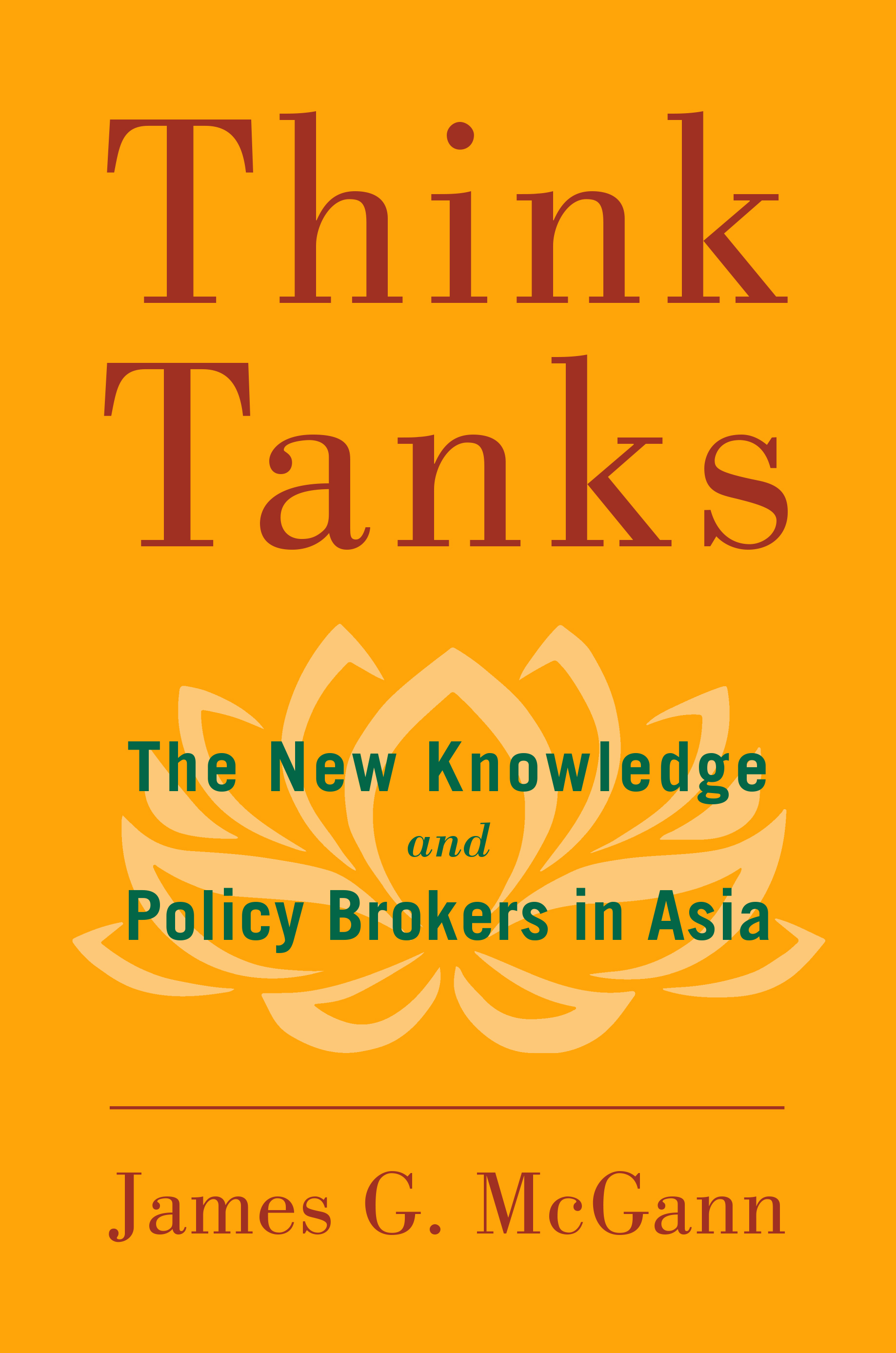With their operations having been temporarily suspended and their traffic a fraction of what it was two weeks ago, the airline industry will receive financial assistance from the federal government. From an economic perspective, aid can be justified to spur economic growth, correct a market failure, or achieve a societal goal. Can a convincing case for government assistance emerge from any of these frameworks?
The industry’s contraction will slow economic growth to some extent. Faced with fewer passengers, airlines are planning to reduce capacity by about 20 percent, with comparable reductions in employment. That amounts to about a $20 billion drop in airline output. But because air travel affects the entire travel industry and sparks business activity near hub airports, the effect on the economy is perhaps four times greater than the direct impact on airlines. The net loss to the economy would be nearly 1 percent of GDP. Even if it is agreed that such a slowdown warrants intervention, it is unlikely that assisting the industry would be the most effective stimulant.
One could argue that the terrorist attacks have raised the possibility of market failure by distorting the perceived and actual risk of investing in and traveling by air. Suppose demand recovers but carriers cannot attract sufficient capital to support their original capacity because Wall Street overestimates the risk of airline investments. Or suppose traffic is slow to recover because travelers overestimate the risk of flying.
Government assistance could arguably correct these potential market failures by lowering the perceived risk of airline investments and by giving carriers enough time to avoid bankruptcy by persuading travelers that it is safe to return. In some areas (smoking, for example) consumers tend to overestimate risks, but in others (such as driving) they tend to perceive risks accurately. Similarly, investors have made a killing or blown opportunities by either correctly gauging or overshooting the relevant probabilities.
In a nutshell, we may suspect, but have no way of knowing, that investors or travelers will misperceive the relevant risks in air transportation. Because the attacks hurt some people and businesses more than others, they motivate calls for redistribution. Either by choice or by law, individuals and businesses generally protect themselves against unforeseen events by purchasing insurance. Airlines were insured against losses to their aircraft and the death of their passengers and employees, but not against a large loss of future passengers for an indefinite period.
Is the government supposed to cover the gap because such insurance is not available or because airlines did not self-insure against the possibility of terrorist attacks?
To put it differently, government is responsible for providing national security, as well as social insurance such as Social Security and Medicare. Should the protective goals that underlie these responsibilities be combined to form a new societal goal: protecting industries from suffering large losses because of unanticipated hostile actions by foreigners? And if we say yes to the airlines, what about insurance companies, hotels, rental cars, restaurants, and other businesses that have been hurt?
Most Americans and Congress support assistance to the industry as a societal goal of redistribution that protects employment, maintains air travel, and signals that terrorist attacks are not going to bankrupt US industries. However, this new societal goal should be achieved at minimal cost.
Although the assistance package is still being negotiated, it appears to consist of a cash grant and loan guarantees. A better approach would seek to lower ticket prices and increase airline travel – and thus jobs and economic vitality. The government could accomplish this through policies that reduce the incremental cost of flying – for example, by suspending federal aviation taxes, including the ticket tax and the fuel tax.
Policies that prevent airline costs from rising in the aftermath of the attacks should also be considered. Washington, for example, could cover the costs of additional airline security and liability settlements beyond those related to airline passengers and employees. But attempts by policymakers to use this tragedy as an opportunity to correct perceived failings of airline competition are inappropriate and unjustified. Industry competition has been strong and effective.





